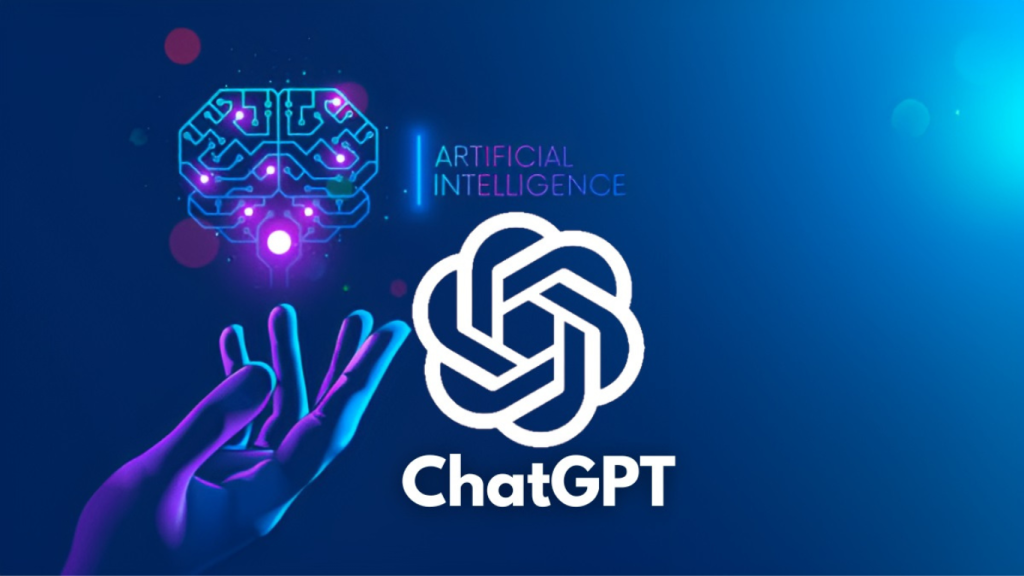AI chatbots have experienced an unprecedented boom in recent years. More and more companies are using AI to improve their efficiency and provide better customer service.
When it comes to AI chatbots, we may all think of ChatGPT, a natural language processing neural network that broke all the molds.
AI chatbots and the limits of artificial intelligence
ChatGPT is an AI chatbot tool that allows companies to interact with customers more effectively, among other things. It works by analyzing natural language and generating real-time responses based on user input. This means that users can ask questions or solve problems more efficiently.
Although ChatGPT has proven to be a valuable tool for many companies, it also has some important limitations to keep in mind. One of the most significant challenges of AI is that, although it can be very effective for specific tasks, it still cannot fully match human intelligence. Errors are often made in the interpretation of natural language, which can lead to inaccurate responses and frustrate the user.
For example, a user may input a question into ChatGPT that has more than one possible answer. If ChatGPT has not been programmed to fully understand the user’s intent, it may provide an incorrect or inaccurate response. Additionally, if ChatGPT does not have the necessary information to answer the question, it may respond with a generic message or ask the user to provide more information. This can make the user feel frustrated and unmotivated to continue interacting.

Important AI challenges: risks of misuse and data privacy
Another important challenge of AI is that, in the wrong hands, it can be used maliciously. There is a risk that an AI chatbot may be used to create fake news and manipulate people through online interaction. Therefore, it is important for both developers and users of AI to be aware of these risks and work to minimize them.
Additionally, another important challenge is data privacy and security. When users interact with ChatGPT, they are often providing personal information. Therefore, it is crucial for companies to implement security measures to protect this information. If a user’s personal information is hacked or stolen, it can have serious consequences for the user and the company.
The potential and challenges of AI chatbots
Despite these challenges, the potential of AI remains enormous. If used responsibly and ethically, AI can significantly improve efficiency and human interaction in various fields.
For example, AI can be used in the healthcare field to improve diagnosis accuracy and speed up the treatment process. AI can also be useful in the automotive industry, where it can be used to improve road safety and reduce the number of traffic accidents.
In the field of education, AI can be used to personalize teaching and improve the quality of education. AI can analyze student behavior and adapt teaching to each individual’s needs. It can also help teachers identify areas where students are struggling and provide specific resources to help them improve.
However, as AI continues to evolve, it is important to consider the impact this may have on the economy and employment. Many industries are beginning to use AI to improve efficiency and reduce costs, which may lead to a reduction in demand for workers in certain areas.
It will be up to us to address these issues and implement measures to ensure that AI is used fairly and equitably.

We have solutions
Both AI chatbots in general and ChatGPT in particular have great potential to improve efficiency and human interaction in a variety of fields. However, it is important to consider the limits and work to minimize the risks associated with their use.
If used responsibly and ethically, AI can significantly improve our lives and our ability to solve complex problems. So get in touch with us and let our experts help you take your business to the next level!